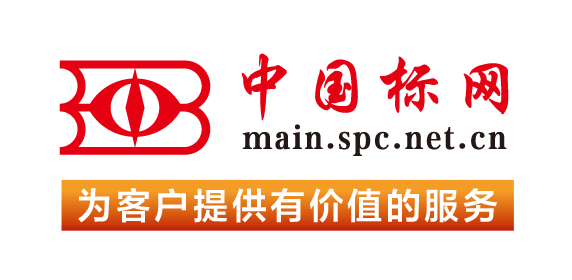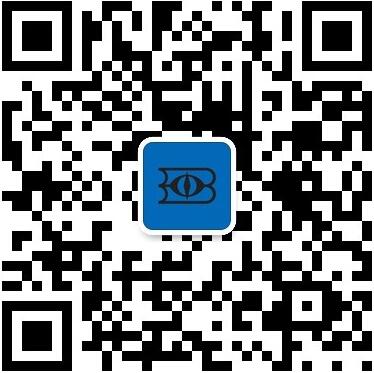【国外标准】 Standard Test Method for Analysis of Nickel Alloys by Inductively Coupled Plasma Mass Spectrometry (Performance-Based)
本网站 发布时间:
2024-02-28
开通会员免费在线看70000余条国内标准,赠送文本下载次数,单本最低仅合13.3元!还可享标准出版进度查询、定制跟踪推送、标准查新等超多特权!
查看详情>>
适用范围:
5.1 This test method for the chemical analysis of nickel and nickel alloys is primarily intended to test material for compliance with specifications such as those under jurisdiction of ASTM committee B02. It may also be used to test compliance with other specifications that are compatible with the test method.5.2 It is assumed that all who use this method will be trained analysts capable of performing common laboratory procedures skillfully and safely, and that the work will be performed in a properly equipped laboratory.5.3 This is a performance-based method that relies more on the demonstrated quality of the test result than on strict adherence to specific procedural steps. It is expected that laboratories using this method will prepare their own work instructions. These work instructions will include detailed operating instructions for the specific laboratory, the specific reference materials employed, and performance acceptance criteria. It is also expected that, when applicable, each laboratory will participate in proficiency test programs, such as described in Practice E2027, and that the results from the participating laboratory will be satisfactory.1.1 This test method describes the inductively coupled plasma mass spectrometric analysis of nickel and nickel allys, as specified by Committee B02, and having chemical compositions within the following limits:Element Application Range (Mass Fraction %)Aluminum 0. 01–6.00Boron 0. 01–0.10Carbon 0. 01–0.15Chromium 0. 01–33.00Copper 0.01–35.00Cobalt 0. 01–20.00Iron 0.05–50.00Magnesium 0. 01–0.020Molybdenum 0. 01–30.0Niobium 0. 01–6.0Nickel 25.00–100.0Phosphorous 0.001–0.025Silicon 0.01–1.50Sulfur 0.0001–0.01Titanium 0.0001–6.0Tungsten 0.01–5.0Vanadium 0.0005–1.01.2 The following elements may be determined using this method.Element Quantification Range (μg/g)Antimony 0.5–50Bismuth 0.1–11Gallium 2.9–54Lead 0.4–21Silver 1–35Tin 2.2–97Thallium 0.5–3.01.3 This method has only been interlaboratory tested for the elements and ranges specified. It may be possible to extend this method to other elements or different composition ranges provided that method validation that includes evaluation of method sensitivity, precision, and bias as described in this document is performed. Additionally, the validation study must evaluate the acceptability of sample preparation methodology using reference materials and/or spike recoveries. The user is cautioned to carefully evaluate the validation data as to the intended purpose of the analytical results. Guide E2857 provides additional guidance on method validation.1.4 This standard does not purport to address all of the safety concerns, if any, associated with its use. It is the responsibility of the user of this standard to establish appropriate safety and health practices and determine the applicability of regulatory limitations prior to use. Specific safety hazard statements are given in Section 9.
标准号:
ASTM E2823-17
标准名称:
Standard Test Method for Analysis of Nickel Alloys by Inductively Coupled Plasma Mass Spectrometry (Performance-Based)
英文名称:
Standard Test Method for Analysis of Nickel Alloys by Inductively Coupled Plasma Mass Spectrometry (Performance-Based)标准状态:
Active-
发布日期:
-
实施日期:
出版语种:
- 推荐标准
- ASTM F3448-20 Standard Guide for Clinical Outcomes for Clinical Trials and/or Clinical Registries for Hip Reconstructive Surgery
- ASTM F3449-20 Standard Guide for Inclusion of Cyber Risks into Maritime Safety Management Systems in Accordance with IMO Resolution MSC.428(98)―Cyber Risks and Challenges
- ASTM F3450-20 Standard Guide for Flight Hazard and Surveillance Systems Personnel Certification
- ASTM F3455/F3455M-22 Standard Practice for Establishing the Minimum- and Maximum-Width Configurations for Crash Testing of Exceptionally Long Variable-Width Vehicle Barriers
- ASTM F3457-20 Standard Guide for Aircraft Certification Education Standards for Engineers and Professionals in Aerospace Industry
- ASTM F3459-21 Standard Specification for Rigid Poly Vinyl Chloride (PVC) Exterior Profiles Used for Sound Walls
- ASTM F3460-21 Standard Test Method for Seam Measurement Procedure for Baseballs and Softballs
- ASTM F3463-21 Standard Guide for Ensuring the Safety of Connected Consumer Products
- ASTM F3478-20 Standard Practice for Development of a Durability and Reliability Flight Demonstration Program for Low-Risk Unmanned Aircraft Systems (UAS) under FAA Oversight
- ASTM F3487-20 Standard Guide for Assessing the Service Life of a Brush Part Intended to Clean a Medical Device
- ASTM F3489-23 Standard Guide for Additive Manufacturing of Polymers — Material Extrusion — Recommendation for Material Handling and Evaluation of Static Mechanical Properties
- ASTM F3491-21 Standard Practice for Enhanced Indication Methods in Aircraft
- ASTM F3492-21 Standard Consumer Safety Specification for Child Safety Locks and Latches for Use with Cabinet Doors and Drawers
- ASTM F3495-23 Standard Test Methods for Determining the Static Failure Load of Ceramic Knee Femoral Components
- ASTM F3502-23a Standard Specification for Barrier Face Coverings
 购物车
购物车 400-168-0010
400-168-0010













